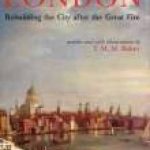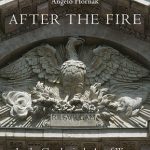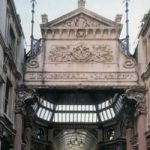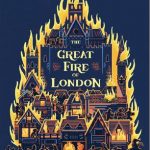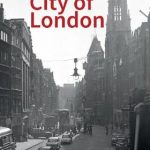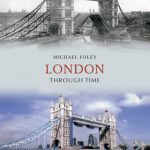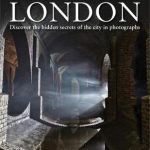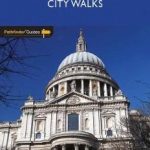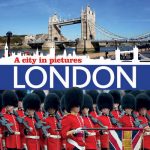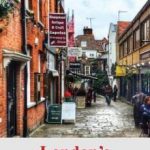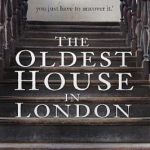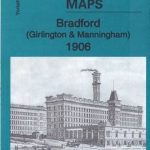Disclosure : This site contains affiliate links to products. We may receive a commission for purchases made through these links.
The Livery Halls of the City of London
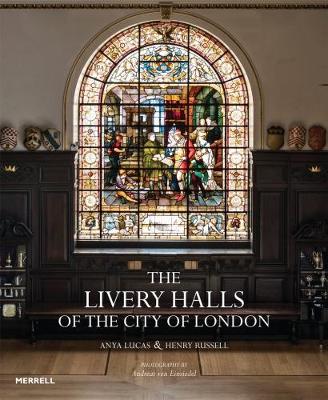
For more than 600 years the Livery Companies have played a leading role in commercial activities and social and political life in the City of London. These trade associations, each representing a particular craft or profession, were originally responsible for controlling, for example, wages and working conditions. As the Companies were established and incorporated by royal charter, largely in the 14th and 15th centuries, they began acquiring and adapting buildings from which to operate. The Companies` headquarters – the Livery Halls – gradually evolved from large medieval town houses to become an identifiable building type matched in scale and ambition only by the guild houses of northern European mercantile cities and the Venetian scuole. By the time of the Great Fire of London in 1666, there were at least 53 Livery Halls. Of the 40 Halls standing today, half remain on their medieval sites, but all have been rebuilt several times. To give only two examples: there have been six incarnations of Clothworkers` Hall on Mincing Lane and six Salters` Halls on three different City sites. This beautiful book is the first major exploration of these architecturally significant yet under-researched buildings. Dr Anya Lucas, who has studied the Halls in depth, provides an introduction and an illustrated history of the buildings that have been lost over the centuries. The Great Fire, in particular, resulted in a period of energetic reconstruction. Companies rebuilt and beautified their Halls in recognition that the image they projected was as crucial as their wealth and regulatory powers. More building activity took place in the 18th and 19th centuries as Halls were required to accommodate new functions. Many of the Restoration Halls did not survive these years, and, where they did, alterations continued apace. Only 3 out of 36 Halls remained untouched after the Blitz of 1940-41, leading to another wave of reconstruction, the buildings being predominantly traditional or neo-Georgian in style.Henry Russell surveys each of the 40 present-day Halls, no two of which share an identical plan. Sited across the City from east to west, they range from the London Proof House, the home of the Worshipful Company of Gunmakers, on Commercial Road, outside the old City walls, to HSQ Wellington, headquarters of the Honourable Company of Master Mariners, moored on the Thames at Victoria Embankment. All existing Livery Halls have been photographed especially for the project by the renowned interiors photographer Andreas von Einsiedel, making this a truly outstanding publication.









